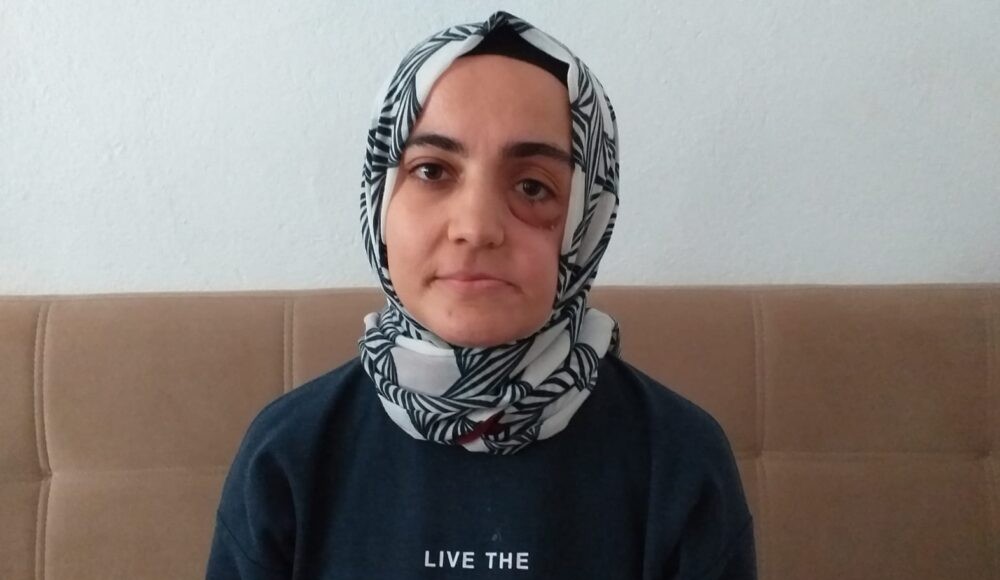Turkey’s Constitutional Court has ruled against postponing the incarceration of Ayşe Özdoğan, a woman with end-stage cancer who is currently in prison in southern Antalya province, the Stockholm Center for Freedom reported, citing Bold Medya.
The court said there was currently an ongoing procedure to assess if there had been a change in Özdoğan’s condition and whether it had deteriorated. According to the court decision, dated October 19, Özdoğan should be admitted to Antalya University Hospital and receive the necessary treatment there. The court also said a family member or friend should be allowed to stay with Özdoğan while in the hospital.
Özdoğan, 34, a former teacher, was handed down a nine-year, four-month sentence for alleged links to the Gülen movement. An appeals court on June 11 upheld her sentence despite severe health problems.
In a controversial decision, the İstanbul Council of Forensic Medicine stated on Oct. 1 that Özdoğan was fit to remain in prison and that there was no sign of metastasis of the cancer in her body.
Özdoğan was sent to prison on Oct. 2 in Antalya after authorities refused to postpone the execution of her sentence, in a move that has drawn criticism from human rights activists, doctors, opposition politicians, journalists and social media users.
Özdoğan and her husband were detained on April 8, 2019, for alleged links to the movement, but she was released due to her son’s heart condition. Her husband was sent to prison in southern Antalya province.
Özdoğan developed cancer seven months later and underwent an operation on November 12, 2019. However, she was arrested shortly thereafter, convicted and sentenced.
When she was released pending appeal on December 27, 2019, it was already too late for her second surgery, however, as the cancer had spread.
Turkish President Recep Tayyip Erdoğan has been targeting followers of the Gülen movement since the corruption investigations of December 17-25, 2013, which implicated then-prime minister Erdoğan, his family members and his inner circle.
Dismissing the investigations as a Gülenist coup and conspiracy against his government, Erdoğan designated the movement as a terrorist organization and began to target its members. Erdoğan intensified the crackdown on the movement following a coup attempt on July 15, 2016, that he accused Gülen of masterminding. Gülen and the movement strongly deny involvement in the abortive putsch or any terrorist activity.



